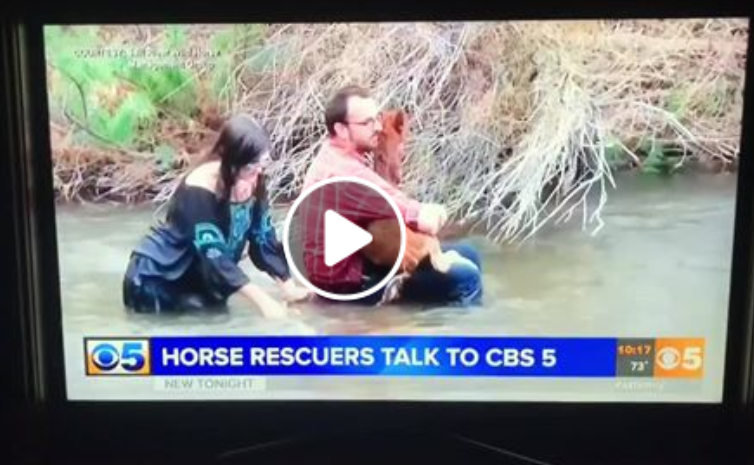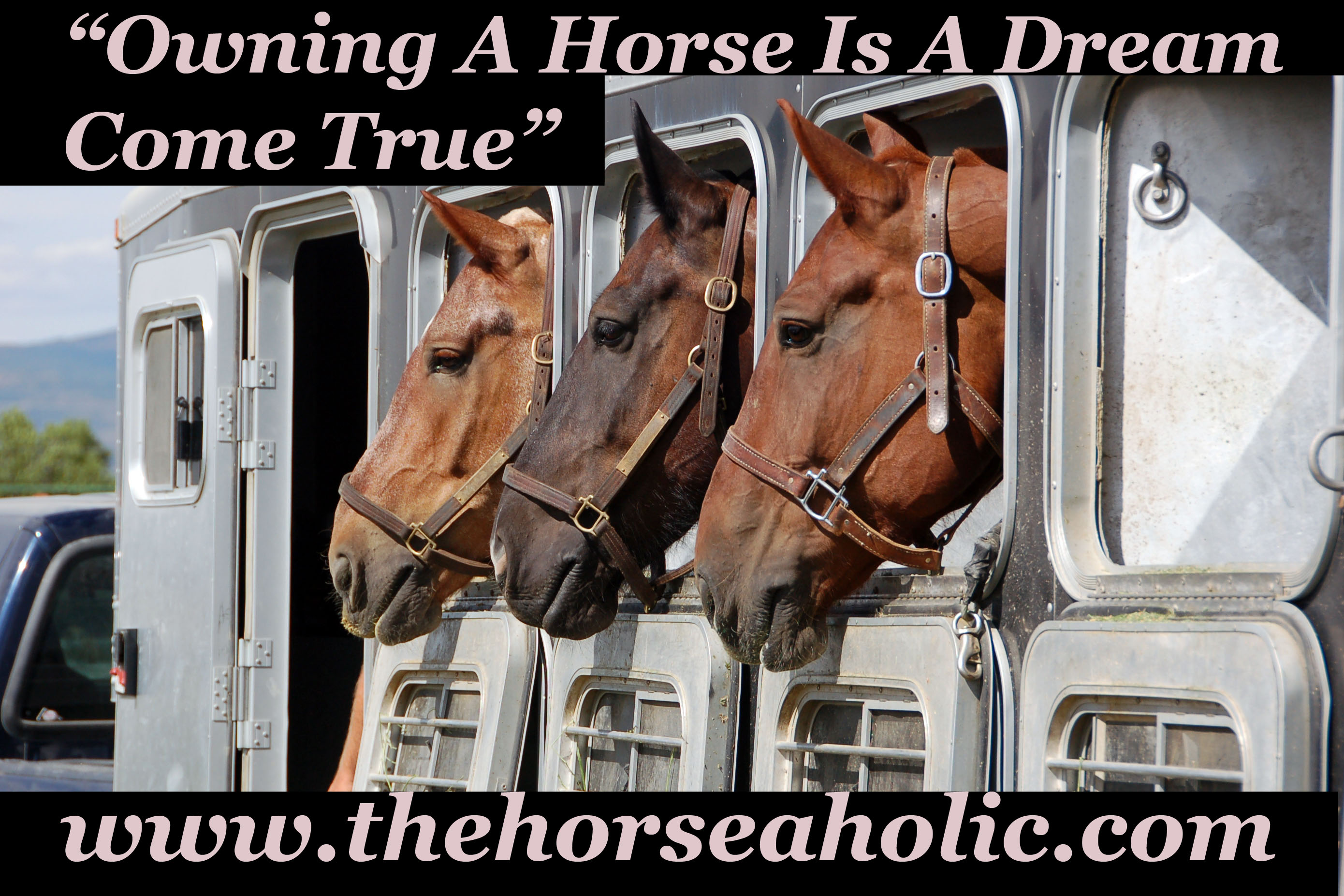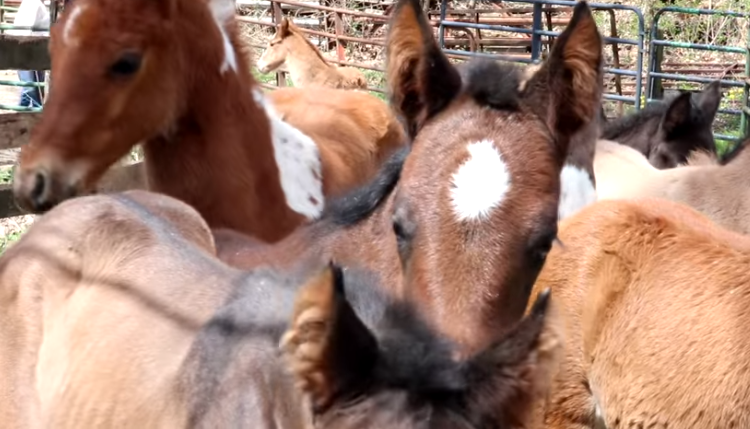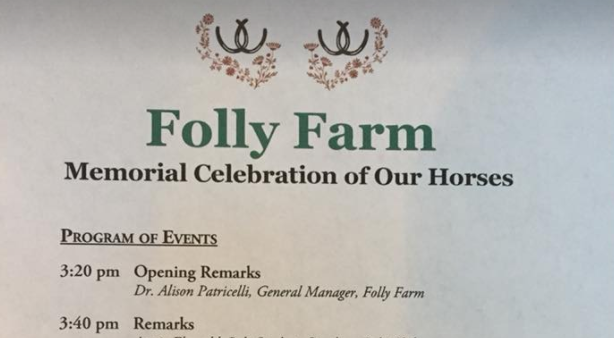What if I suggested that Horse Overpopulation May not be the MAIN Problem Equines Face?

I’m a bit ashamed that it has taken too many years in rescue to see what should have been obvious to me way before tonight. It is something I’ve always known as “part” of the issue horses face, but I didn’t always consider “IT” the main issue until the last year or so.

The “Pet” problem is a little more straightforward than the “unwanted” horse problem, though it is larger, to be sure, in terms of sheer numbers. Cats and Dogs. . .there are simply too many do to overbreeding. They have far more offspring per birth, as well.
Worldwide, sheer population is a MASSIVE issue in the pet kingdom. American vets travel all over the world spaying and neutering as a volunteer service due to how huge a problem it is. Free and greatly reduced-cost clinics are all over the United States to help spay and neuter efforts, and the greatest impact in the Dog and Cat world is and might remain mass spaying and neutering. Of course, reducing backyard and indiscriminate breeding is important, too. Just as Dr. Young said in this widely circulated blog months ago, “We cannot warehouse” our way out of pet homelessness, so altering dogs and cats will have the greatest impact of anything in the world. There is an educational aspect, some training aspects, but it is more clear. . .alter your pets, and consider adoption before shopping.
I think it is vital to understand is when it comes to horses, our issue really isn’t . This probably shocks some, angers others and leaves some pondering. . . then a few will just assume as I’ve been long working in the trenches, so I may actually have first hand knowledge. I digress. . .
The MAIN issue facing horses MIGHT not be slaughter, over breeding or not properly caring for your old horse. It probably isn’t even neglect. Those are additional issues, indeed. I’m well aware of those problems. And problems they are. . .but. . .
These are, in some ways (though not always), secondary issues. I’ve heard hundreds and hundred, really probably thousands of stories. . . and there is one common component I hear over and over.
First let me offer a parallel of equine ownership and airplanes. Seriously.
What if, in America, you didn’t need training to fly an airplane. What if planes could be purchased easily? Say you could just cheaply (or even at great cost) buy a highly complex piece of machinery that took thousands of years to invent. Then what if you could just try to fly it on your own natural ability? What would happen? How often would there be success? How often would there be crashes? How many folks and planes would land okay, totally unharmed? How many would really succeed because they have natural ability, were bright and self taught? If you really had a thirst for flight but failed with the first or 4th plane(s), and then you learned there were more “auto pilot” friendly models out there, what would the odds be you would sell, give away or discard the more crude plane for a more advanced plane? Instead of learning to properly use and fly the plane you have, instead of looking for education and knowledge about what you already own, you might decide an easier “model” would be simpler, right?
It is the same in horses.
Let us JUXTAPOSE this to horses now more plainly. Horses are highly complex creatures with minds of their own, and they have been cultivated to work with people through a relatively short span of time in the scope of the world. Do you suppose you can just hop on and go, not giving a care to gaining knowledge? Sure, I know you cleaned stalled for a year one summer and have been on 12 guided trail rides, but just because you ride in a plane or watch “TOP Gun” doesn’t mean you can fly fighter jets, does it? Do you really not think when you lack a true understand of how the animal works, moves, thinks and feels both with and without you, but just love them so much, you are going to create issues within the animal out of kind ignorance or end up hurt or making the animal sick or all three? Are you not setting them up for a crash? Of course you are. You are putting the horse at grave risk of being ruined, passed around and eventually neglected, at best.
Let me be more clear at this point. . .
What I’ve found in 8 years of rescue work, and what I hear endlessly from rescues across the country is there is not a shortage of homes for beginner friendly, healthy horses one can meet and try out.
Did you know there are around 9 million horses in America (to learn how those numbers are broken down in terms of breed, use and so forth, visit here). Of that number, a bit over 125,000 were slaughtered over the borders in 2015. The number has been more or less relatively stable for about 20 years. That means a bit under 1.5% of horses in our population are slaughtered yearly (too many, but it is a fraction in the scope of the numbers here). Yet, there are approximately 144 million cats and dogs in the USA, and over 4% are euthanized. The numbers neglected in cats and dogs and horses are very difficult to determine, honestly. Let us say that the number is double the kill rate, so assume that another 8% of dogs and cats are abused and neglected, with some ending up in rescue. Let us say another 3% of horses are abused and neglected and in need of rescue. What we still see is horses are not nearly at the “homes available” deficient pets are, and while there is no rhyme or reason to the animals going through shelters, as they are purebreds, young, old, gentle, aggressive and everything between, statistics and my experience show most horses slaughtered are young, healthy, untrained or poorly trained, as well as often sound. Sure, some sick, aged horses go, but that isn’t and never has been typical. It simply isn’t what the meat market is looking for: not the sick or lame or old.
When they are aged and unsound, many still arrived there through mishandling that led to them to being discarded or injured. Not all, as some were amazing until the point an unkind person threw them away, but many were simply “too much horse” at some point, for a person who didn’t want to learn better, to learn more, to offer training.
If every single horse in the rescue was beginner safe, they would be adopted in 3 months time, as a rule. But let me switch that around to where this is actually going: if every single potential adopter or buyer was a true intermediate horse person or working toward that sincerely, most horses in rescue COULD and would be adopted in the same time frame. Even more than that, far fewer horses would cycle through homes and breeders would quickly see there were fewer “new buyers” each year. It is all supply and demand, sadly, and while more are bred than needed, the buyers are there because they are discarding that “crazy horse” that had too little training last year, thus creating our biggest issue in concerns about the “Unwanted Horses.”
Additionally, far fewer horses would ever recycle back through rescue if people were taking this route, and in the same token, far fewer would be resold in a few months after purchase with less than ideal discretion.
Fewer would end up with damaged mouths, fewer would be head shy, rude and be poor loaders. Fewer would be unable to stand for a farrier or try to bite. Fewer would buck, bolt or rear. Mishandling or lack of understanding medical issues create almost all of these issues in most horses. These are the common reasons horses are sold, given away or discarded in any number of ways.
Horse people who want to continue to learn truly cultivate more safe, friendly equine partners, but sadly, beginner friendly horses rarely make intermediate riders, and much more importantly, beginners who do not try to continue to learn often turn beginner horses into dangerous equines.
Learning is a partnership between horse and rider, and learning that your horse is only as good as you are is a hard, difficult lesson.
By leaving horses untrained or ruining lovely horses out of ignorance, we unwittingly are creating a large portion of the “unwanted” horse population. It isn’t nearly as much about overbreeding as we think. It is about mishandling the population we have over and over.
This puts the burden in all of our laps. . .the new horse owner, the interested horse enthusiast who doesn’t yet have a horse, the trainers, the experienced riders and rescues. . .not nearly as much in the laps of breeders who work on supply and demand more than we like to think.
Let us tell more new horse people or uneducated owners that LEARNING from those who already know WITH their horse or before they get a horse is VITAL.
I can tell you for every 10 people I suggest taking lessons as a good first step, 9 snap at me that they already know enough. . .and folks, it simply isn’t true.
I’ve had horses in my life for 30 years. I’ve operated a rescue for almost ten of those years. I know a fraction of what I need to know.
Please never think you’re above learning or able to get around gaining knowledge, and the lives of hundreds of thousands of horses willing to be partners if handled right depend on this right now. . .horses like Aster, that trainer, Aubrey, has been working intensively on for many months. A mare turned out to live feral because a person didn’t handle her right from the start and made a mess a qualified horse person is now trying to unravel.
Written By, T. Creamer with Heart Of Phoenix Equine Rescue. Share this on Facebook if you wish more riders would educate themselves and their horses properly.





